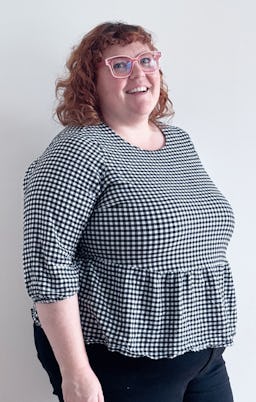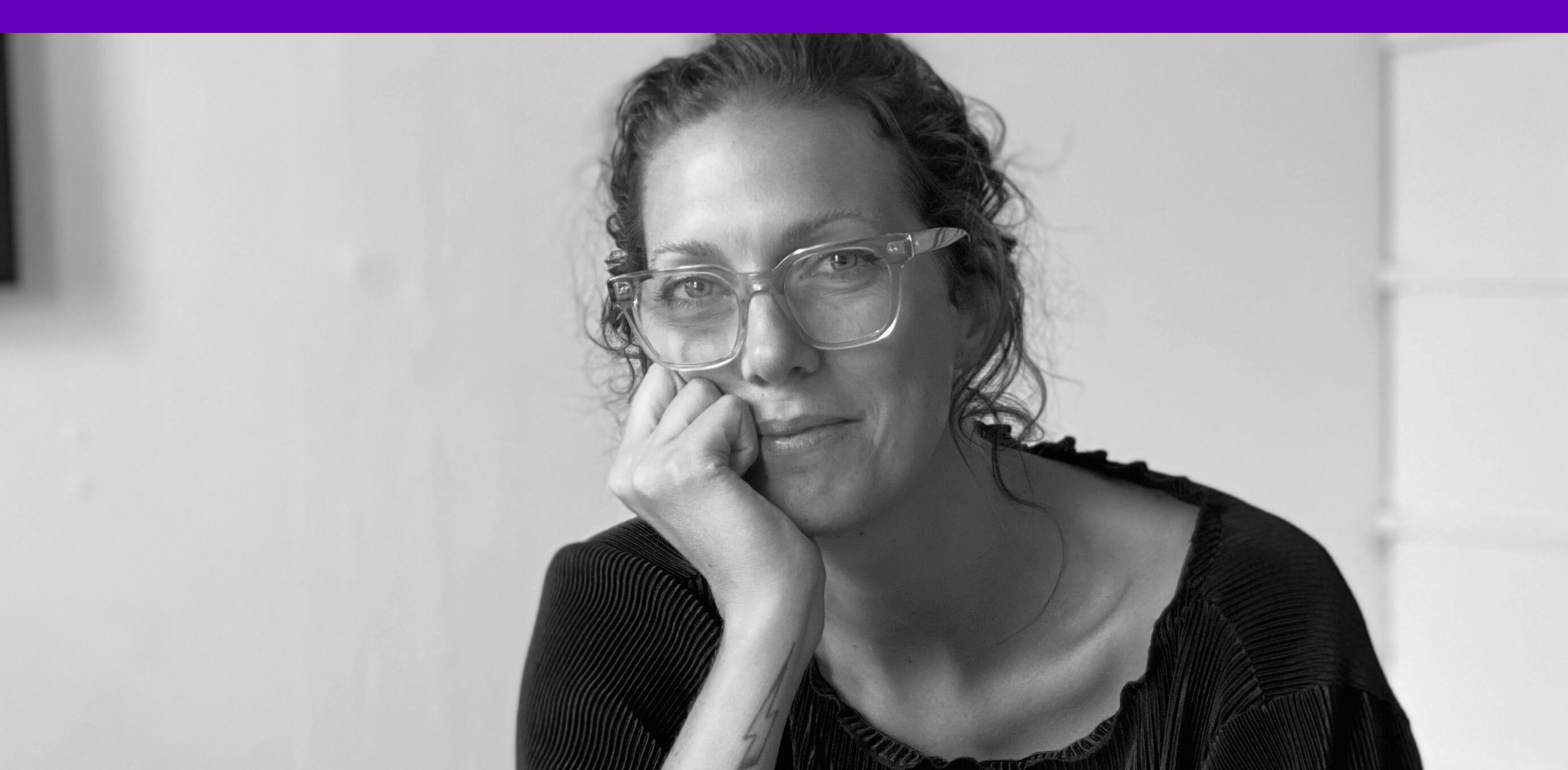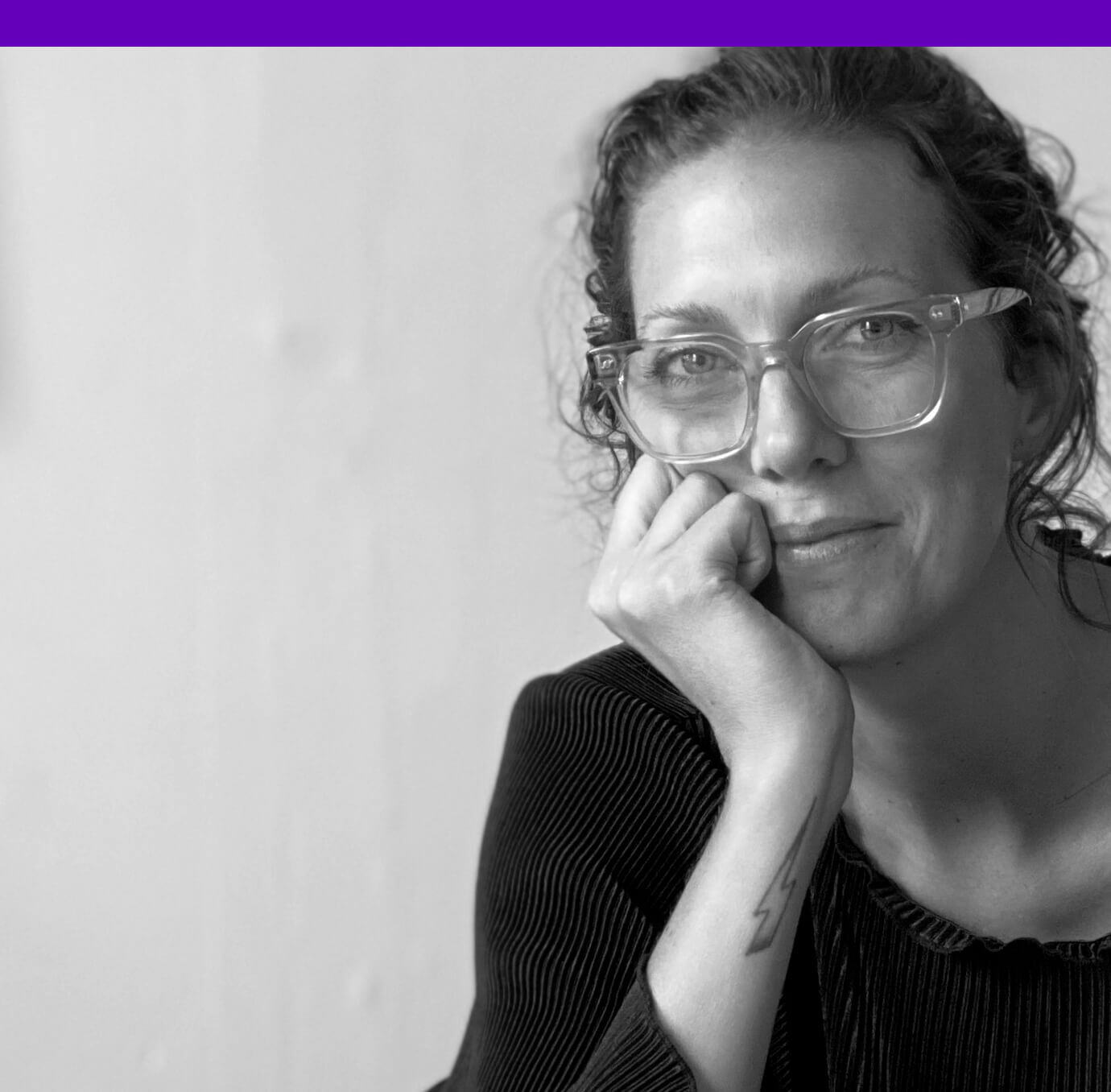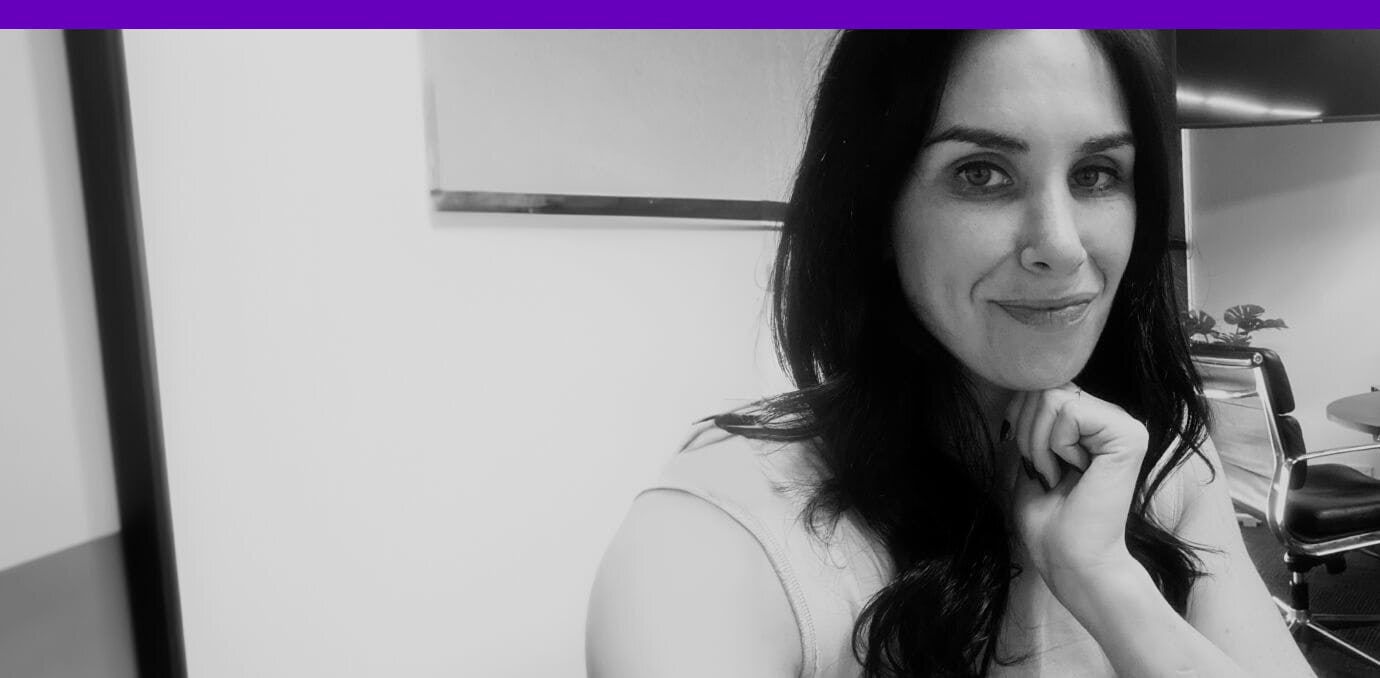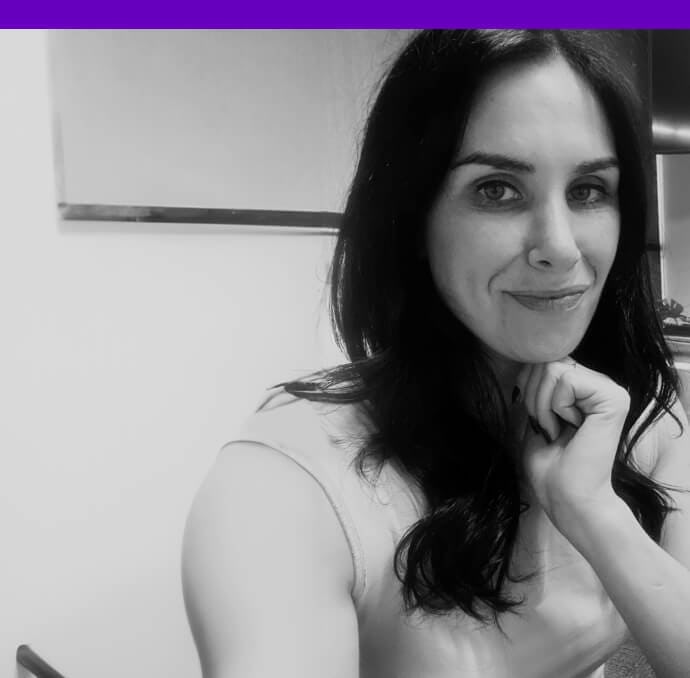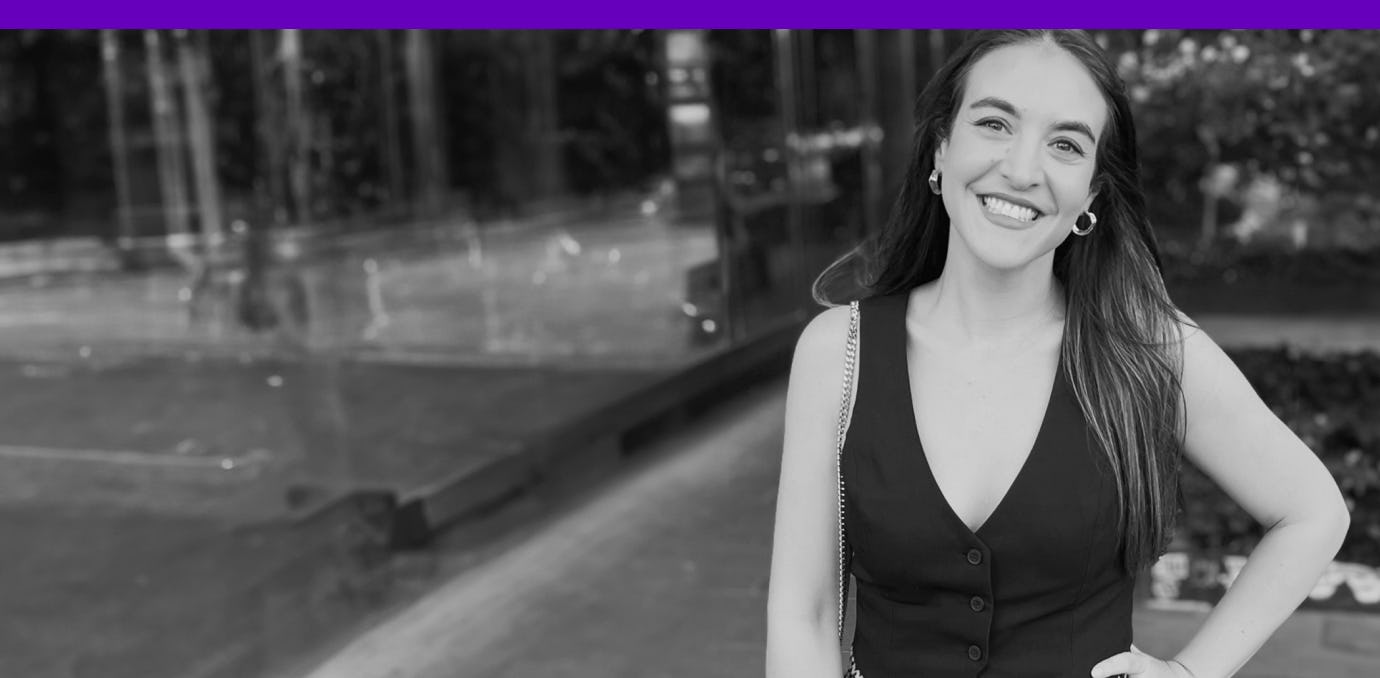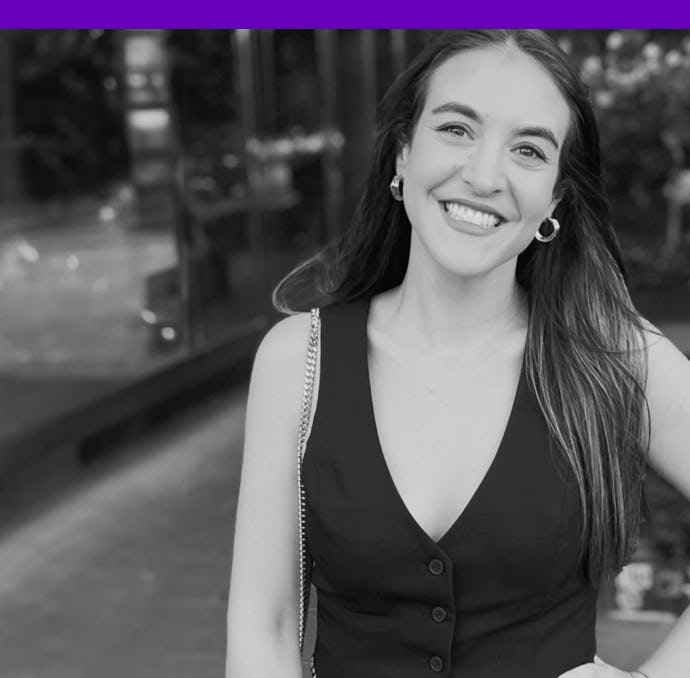IWD 2024: In conversation with Dina Tutungi

This is part five in an IWD conversation series profiling some of the incredible women we have the privilege of working with.
This week we spoke to Dina Tutungi, incoming CEO at Slater + Gordon; a leading social justice law firm that we’ve partnered with here at Tundra for close to a decade.
Dina generously took the time to share what she’s hoping to achieve as CEO, how her background has shaped her leadership style, and the bias she’s faced as a woman from a culturally diverse background in the legal industry.
For Dina Tutungi, justice and freedom are not abstract concepts. Being born to refugees who escaped war and relocated to Australia to give their children a chance has given her an overriding sense of gratitude for her life and career.
“There’s not a day I don't wake up and feel enormous gratitude and that it's a miracle I'm alive,” she says. “When you see the struggles that thousands of our clients have endured and the opportunities that your parents were robbed of, it wires you differently. You want to make the most of your opportunities to make the world that bit better and fairer; you feel compelled to do so.”
It’s this drive which saw Dina get into law school, begin her career at Slater + Gordon 23 years ago as a paralegal, and will see her become CEO later this month. Humble, down to earth and driven to create a more equitable world, Dina is incredibly well placed to lead Slater + Gordon’s next chapter.
A client-focused, human-centred leader, Dina strongly believes Slater + Gordon’s financial health is perfectly aligned to client outcomes. Over the last nearly six years during her time as Chief Client Officer, Slater + Gordon client satisfaction ratings have improved year on year, more clients have chosen Slater and Gordon to represent them, and the brand remains the strongest social justice brand in market.
“I believe if we put our clients at the centre, business performance follows naturally,” she says. “My goal [as CEO] is that every single client leaves us feeling that some sense of dignity has been restored and that we've provided exceptional legal service. Also that all our people have exceptional career opportunities.”
Underlying this belief is Dina’s deep empathy for the people who come to Slater + Gordon looking for justice. Early in her career, she spent a decade practising different areas of law across the firm, representing thousands of people—a formative experience, which she says has stayed with her.
“When you see the world through the eyes of a client who Slater + Gordon steps up to help, you understand the world differently,” she says.
“This understanding of our clients and the challenges of being a lawyer—both the pressures of the litigation itself and the drive to make a difference for your client—has enabled me to tackle later executive roles with greater empathy.”
'Many of our clients can’t reach the scales of justice, let alone tip them in favour of a just outcome.'
Dina is passionate about intersectional justice, understanding from her own experience as a woman from a culturally diverse background that overlapping identities—like race, ethnicity, gender and neurotype—affect people’s experience, particularly their access to justice and equality.
She says working with a diverse clientele at Slater + Gordon has shown her even more clearly that “structural inequality does exist in society and disproportionately impacts people from different demographics. Many of our clients can’t reach the scales of justice, let alone tip them in favour of a just outcome.”
This awareness has driven the transformations which took place during her time as CCO. Dina’s team launched a first-of-its-kind online legal triage tool back in 2018 to allow people to explore whether they might have a legal claim quickly and conveniently from any device. The landmark tool, designed and developed in partnership with Tundra, allows people to find out where they stand in a few minutes, choose a lawyer best suited to them and book an appointment with them, all without having to ring a phone number or go into an office.
In its essence, the tool was designed to improve access to justice for people who were hurting, grieving and unsure how to move forward. The technology was designed to give people the confidence to take the first step in their legal journey.
“Sadly, a common time people get online [and use the tool] is midnight to 2AM when they’re up in pain, having nightmares, or they might have lost a loved one and can’t sleep,” she says.
She sees digital technology as continuing to be key to improving the client experience in the future. “I believe if used appropriately, technology can be people-centric,” she says.
“I think ultimately, digital will enable better client outcomes faster…which means improving access to justice. And I think it will allow us to leverage our might, to leverage our 80 years of knowledge for the benefit of our clients and our people.”
She also believes it could unlock more time for Slater + Gordon staff to do the ‘main thing’—serving clients and bringing out the best in each other—not get caught up spending hours on paperwork.
“Our leadership team wants to create a place where everyone loves coming to work and they’re truly able to apply their craft. People get distracted by the administrative burden, and I think technology will help our people enjoy the truly rewarding client-centred parts of their role, the forensic aspects,” she says.
Slater + Gordon truly values its employees and is a genuinely progressive organisation. Its board, executive and senior leadership are now majority female, they recently brought in 18 weeks paid leave for non-birth parents (as well as paid leave for birth parents) and have started paying superannuation on parental leave.
“Of course there’s always more to be done. There's still a way to go and you can never rest, but those structural changes help create a truly flexible and accessible workplace,” she says.
Dina says that thankfully she’s never had to fight for flexibility as a working parent (around a third of their workforce work part-time), and that at Slater + Gordon, the challenge of working and parenting is normalised.
“I've never felt that having children has hindered my career,” she says. “It certainly has made the juggle a lot harder though.”
Dina was only weeks into her maternity leave after the birth of her youngest child when she was tapped on the shoulder by the former-CEO and asked to consider the role of Victorian General Manager.
“It wasn't until much later I think, that I realised that's not a typical experience,” Dina says. “I remember at my new parents' group, most parents were asked to return to work full time or told that if they wanted part time work they needed to give up their existing job. This kind of reality check really instils just how far we still need to go”.
'As a woman, you’re also subject to this constant commentary of your perceived attributes.'
While she’s found Slater + Gordon a supportive, inclusive workplace, she’s not been immune to the challenges of being a woman from a culturally diverse background in the legal industry.
“I absolutely have been subjected to sexist remarks, sexist taunts and microaggressions,” she says. “Especially at a time where you weren't encouraged to have a voice as a woman. But it has tended to be in external stakeholder settings, whether during a mediation or at industry events.”
“As a woman, you’re also subject to this constant commentary of your perceived attributes; you're ‘emotional’ when you're passionate or you're ‘aggressive’ when you're firm or ‘frivolous’ when you're having fun. There's this constant microscope, amplifying everything that you do, from what you wear, to what you say.”
Another common experience for many women in executive-level roles is being asked ‘how they do it all’, and for Dina, it’s constantly being told she’s ‘lucky’ to have such a hands-on, supportive partner.
“I suspect that most senior male executives with supportive partners are not constantly reminded about how lucky they are. I am lucky, that’s true. But that’s a constant thing I hear: ‘Aren’t you lucky?’. So I think, you know, societal norms really need to shift in that space to expect and normalise both partners supporting each other.”
Biases and stereotypes in the workplace can be internalised, and exacerbate people’s self doubt. One way this can manifest is in imposter syndrome—a big issue among even the most accomplished individuals. Dina says for years she had a recurring dream that she didn’t have her law degree as she navigated the tutorial rooms, unable to find her classes.
Dina’s recurring dream is good news for anyone who has felt that they don’t have all of the skills and answers. Because if the incoming CEO of Australia’s leading personal injury law firm has felt like this, it’s safe to say it’s a pretty universal experience.
“When I tell lawyers about it, many of them say they’ve had that dream for years as well. I’ve put that dream to bed now though,” she says.
As part of reflecting on International Women’s Day, we asked Dina if there was anything she wished she knew when she was at the start of her career. Her responses contain a wealth of advice for other young lawyers, and professionals more broadly.
“I wish I’d known that big egos often stem from longstanding, unresolved insecurity. It’s easy to get bamboozled and intimated by that. I think it's taken me a long time to work that out,” she says.
“I also wish I had understood the importance of not caring about what people think of you, but still caring for people. I think you can do both. You can care for people deeply, but not care what they think about you and sleep at night.”
And the final thing she wishes she’d known?
“I'd probably want to know that I'm not the only lawyer who has a recurring dream that I don't really have my law degree,” she laughs.
Speaking to Dina, it’s hard not to be in awe of her smart, yet humble approach to her work, her passion for improving access to justice for clients and building a rewarding, inclusive and satisfying workplace. It is an honour to work alongside the team at Slater + Gordon to champion voices struggling to be heard as they seek to hold powerful interests to account. And, we can’t wait to see where Dina leads the organisation as she takes over the reins later this month.
Let's work together
Get in touch